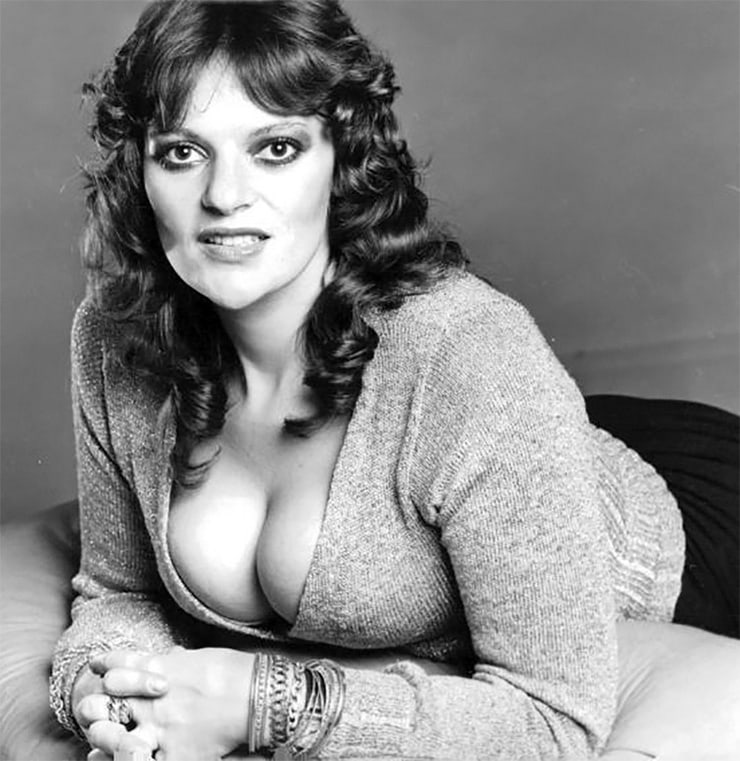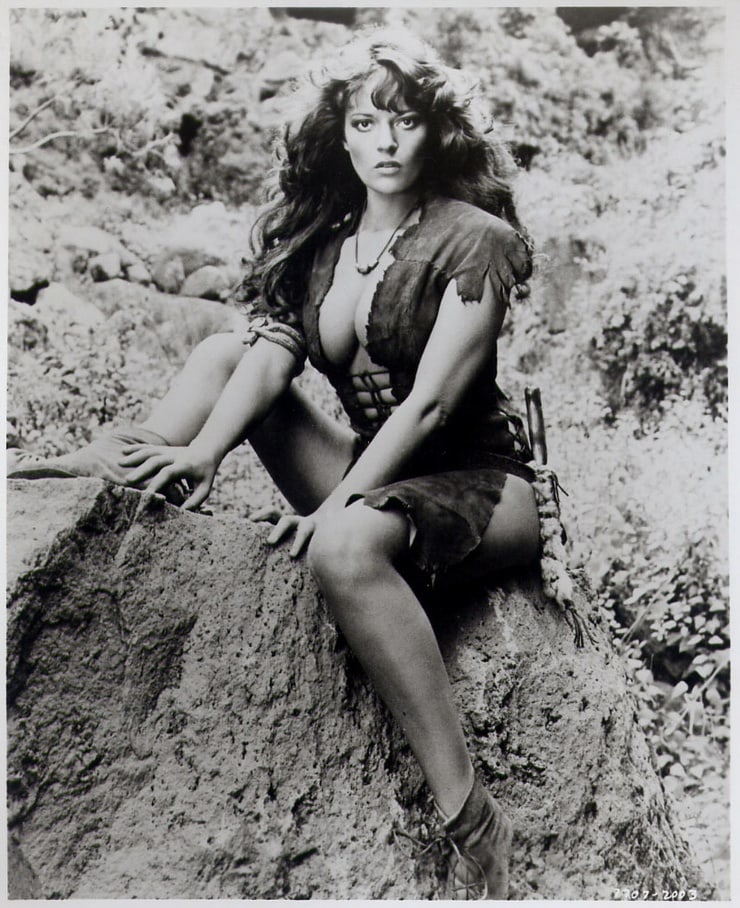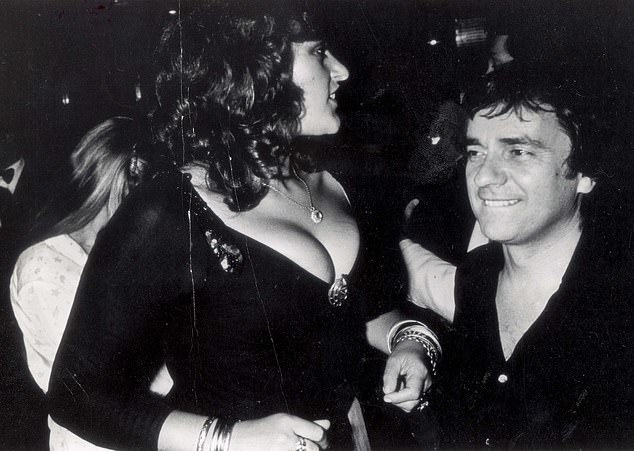From Longtime Reader Sean F comes this letter:
I have a question that has been nagging me. Why do I like this fairly obscure and modern group? They’re only three, which is fine (e.g. Police). They start off like the Ramones and suddenly they get Who-like – especially the drummer and bass. Is it the syncopation, unusual tempos (which are Zappa – like)? Or are they just plain good musicians? They caught my ear. An opinion please, if you have time. I chose this video because it’s live, you can see them all as they interact as well as their individual performances in a good light. Of course the studio stuff I first heard is MUCH tighter. But what is a band if not live?
Frankly, I couldn’t stand the thing, and my response to Sean was somewhat dismissive of both band and song:
Garage band. Not my thing. For a 3-piece to work, you need a monster bassist — John Entwhistle (The Who), John Paul Jones (Zep), Mel Schacher (Grand Funk), Jack Bruce (Cream) etc. — otherwise it’s just thin noise.
The longer answer — hence this post — is that if you’re going to have a three-piece rock band, each member of the band has to work really hard and be really good at their job, most especially the rhythm section of bass and drums. Ergo:
- John Entwhistle + Keith Moon (The Who)
- John Paul Jones + John Bonham (Zep)
- Mel Schacher + Don Brewer (Grand Funk)
- Jack Bruce + Ginger Baker (Cream)
- Geddy Lee + Neil Peart (Rush)
- Sting + Stewart Copeland (The Police)
Honestly — and this is not just because I’m a bassist — I think a trio’s bass guitarist has to be every bit as good as or even better than the lead guitarist, because otherwise the band is going to sound like a garage band, forever. (And, in full disclosure, it’s why I never ever played in a rock 3-piece, because I was completely incompetent under those circumstances. A piano/bass/drums trio playing old standards at a dinner club? Lovely, anytime. Trying to play Zep or Rush-type music? No chance.)
There’s a simple reason why in the above list I put The Who’s Entwhistle (“Ox” or “Thunderfingers”) at the very top: because he is quite simply, one of the best if not the best bass guitarist of all time.

It’s not just that Ox played bass guitar better or more differently than his contemporaries way back in the 1960s; it’s that his technique is still the equal or better of any bassist who’s come along since. And we all know it. Even virtuosos like Chris Squire of Yes and Billy Sheehan of Mr. Big, when hearing Entwhistle’s name, shrug and say, “Just the best.”
And here’s my problem: I loathe The Who’s music. It is quite simply noise to my ears, and I have never listened to more than one of their songs at a time (except for Tommy, which was a studio album anyway) because I can’t get past Keith Moon’s seemingly-random thrashing away at his drum kit, Roger Daltrey’s screeching vocals and Pete Townsend’s flailing guitar pyrotechnics just to get into Entwhistle’s brilliant bass playing. (By Townsend’s own admission, The Who were four soloists all playing at the same time.)
But if you can isolate his part and mute all the other shit going on, it is truly astonishing — and when you listen to this rendition of Won’t Get Fooled Again, you’ll see exactly what I mean (skip to 1:10 to avoid the pointless silence of the setup, and quit at 8:50).
And that, folks, is why his nickname was “Thunderfingers”.
The same is true of Zeppelin’s John Paul Jones. Jones is a far more melodic bassist, which is no small part of Zep’s monumental sound — come on, you’ve got Bonzo on drums and Page on lead, how much more do you need? Here’s an excellent overview of his technique, with the killer quote: “He stays out of the way, which is what every good bassist should do.” Like, for example, John Deacon of Queen — another lovely bassist in a three-piece (most of the time) — who with drummer Roger Taylor provided a rock-solid foundation for Freddie Mercury’s towering showmanship talent and Brian May’s soaring lead guitar.
That’s the kind of skill a bassist has to bring to the party in a rock trio, and that’s the reason why Dinosaur Pile-up sounds like a garage band. Their bassist is okay, but he needs to be better. (Pro tip: he’s playing his bass slung too low, which is why his style is fatally cramped and stiff: anatomically, your wrist cannot bend that far around and still maintain dexterity in the fingers. Look where John Entwhistle carries his bass, for example: the neck is high up. Bill Wyman of the Stones — another underappreciated but stellar bassist — played his guitar the same way.) Oh, and by the way: Pile-up’s songs suck. They sound like pieces that wouldn’t even be considered for the B-side of a 7″ single record, back when I were a lad.
I could talk about this stuff all day, but you guys need to get on with your weekends. Till next Saturday.


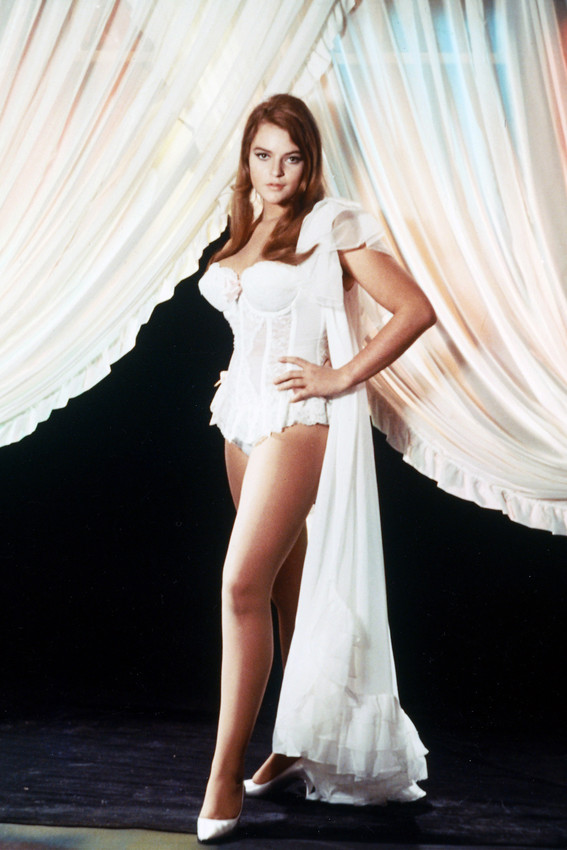
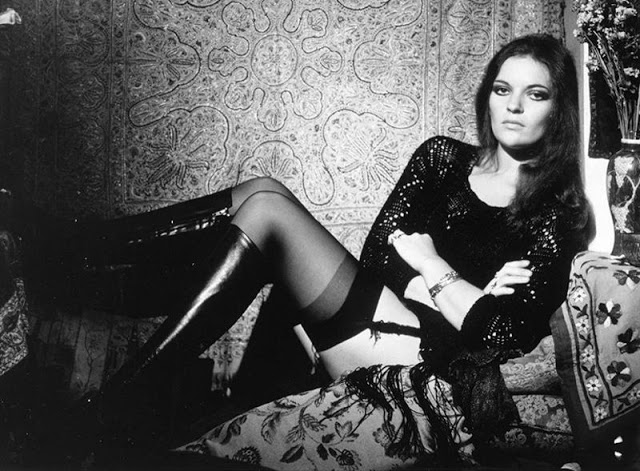
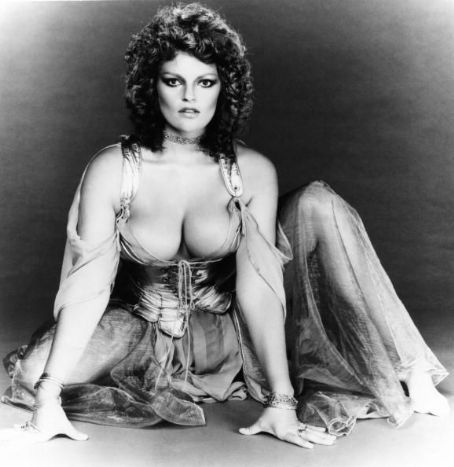 (album cover)
(album cover)